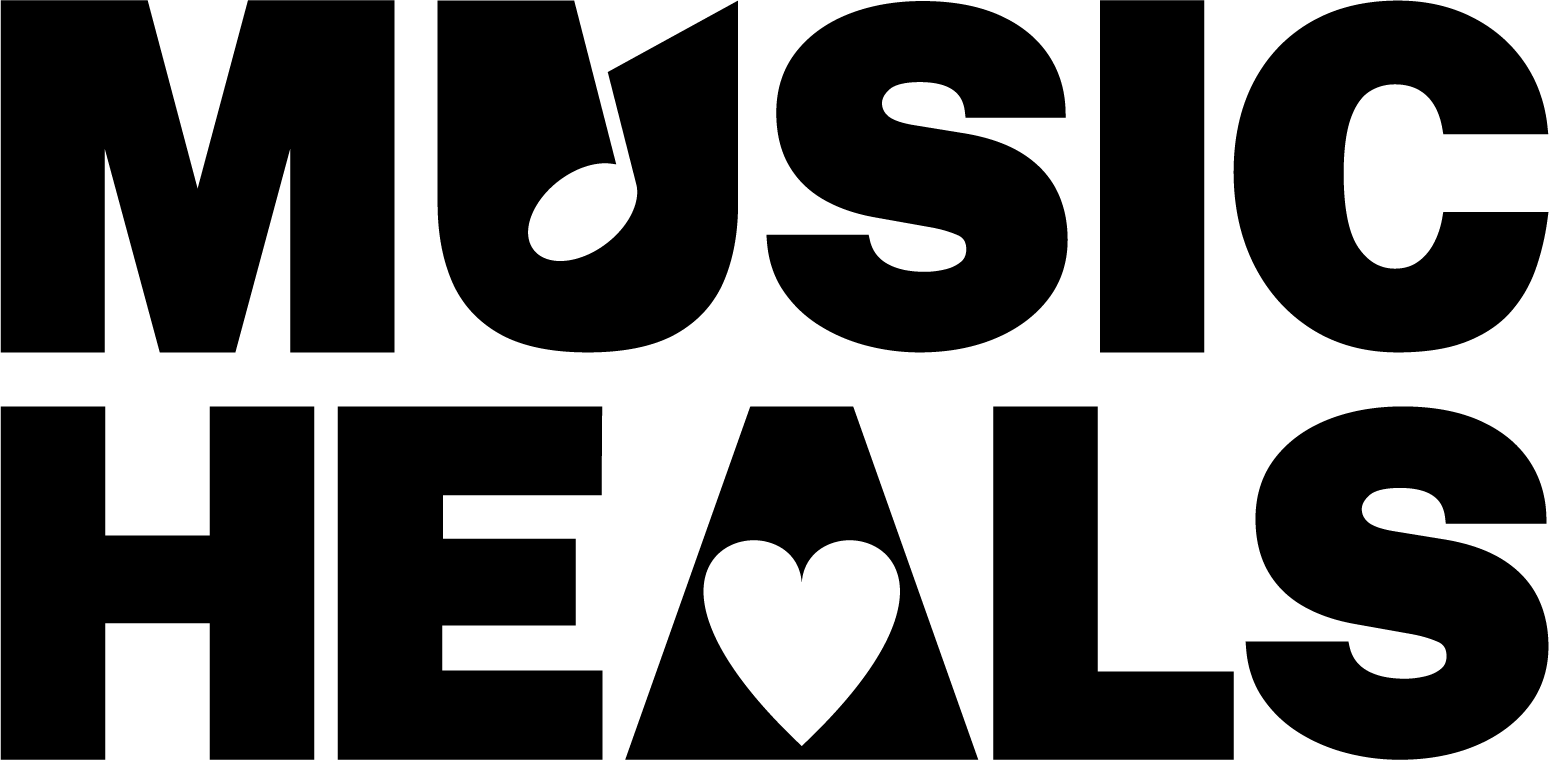Mental health clients may have unmet needs in many areas that music therapy can uniquely address. The emotional, expressive nature of music can serve as a bridge to self-awareness, insight, and identification of feelings. Music stimulates association, affect, and imagery in ways that analytical, verbal processes cannot. Group music experiences can create bonding and a sense of community among clients. Music, through its structure and order, can serve as a grounding experience for those who are agitated, manic, or psychotic. Individuals who are not able to participate in groups can benefit from individual sessions through this non-verbal modality.
Recent literature supports the use of music therapy in the treatment of those with mental disorders. Many psychiatric facilities throughout Canada have a strong music therapy presence. In one psychiatric facility alone in British Columbia there are several music therapists on staff serving psychiatric patients, with countless other facilities in North America utilizing the expertise of music therapists.
Music therapy can offer a valuable supplement or alternative to traditional psychotherapies for clients who suffer from:
- schizophrenia
- affective disorders
- personality disorders
- anxiety disorders
- organic brain syndrome
- substance abuse
- eating disorders
- psychiatric disorders of childhood
- other mental illnesses
Different therapeutic approaches are available depending on the needs of the client and the training and background of the music therapist. Music therapy, because of its flexibility and adaptability, can be used in a variety of different treatment formats, adjusting to meet the needs of a vast variety of individual functioning abilities while at the same time
complimenting the goals and philosophies of other psychiatric treatment modalities.
With the severely psychotic patient, for example, music therapy can reach in to make contact; it can support the person to focus and be successful in simple, structured activities such as instrument playing or group singing. It can also support the development of social skills and the expression of feelings, while relieving anxiety and stimulating ordered thinking and physical activity. For higher functioning clients, music therapy can work deeply to bring unconscious material to awareness. Music therapy can also be useful in the treatment of anxiety, depression, and
mood disorders, and symptoms such as impaired thought processing. Engagement in successful musical experiences can improve self-esteem and promote feelings of health and well-being.
Clinical and experimental research in the literature has demonstrated the efficacy of music to promote relaxation, communication, creative self-expression, psychophysical activation, insight, and emotional processing. Music has also historically been connected with spirituality and therefore can be an avenue for exploring the client’s own spirituality, which may lead to enhanced coping skills, hope, and many other benefits.
Supportive music therapy activities can include (but are not limited to):
- musical role-playing
- songwriting
- singing
- visualization
- meditation
- music improvisation
- lyric analysis and discussion
- creative expression
- instrument playing
Music therapy is a highly flexible art form which assists in the treatment of clients with mental illnesses. The flexible and supportive nature of music therapy allows for a comfortable, non-threatening, and creative environment for the individual mental health client.




